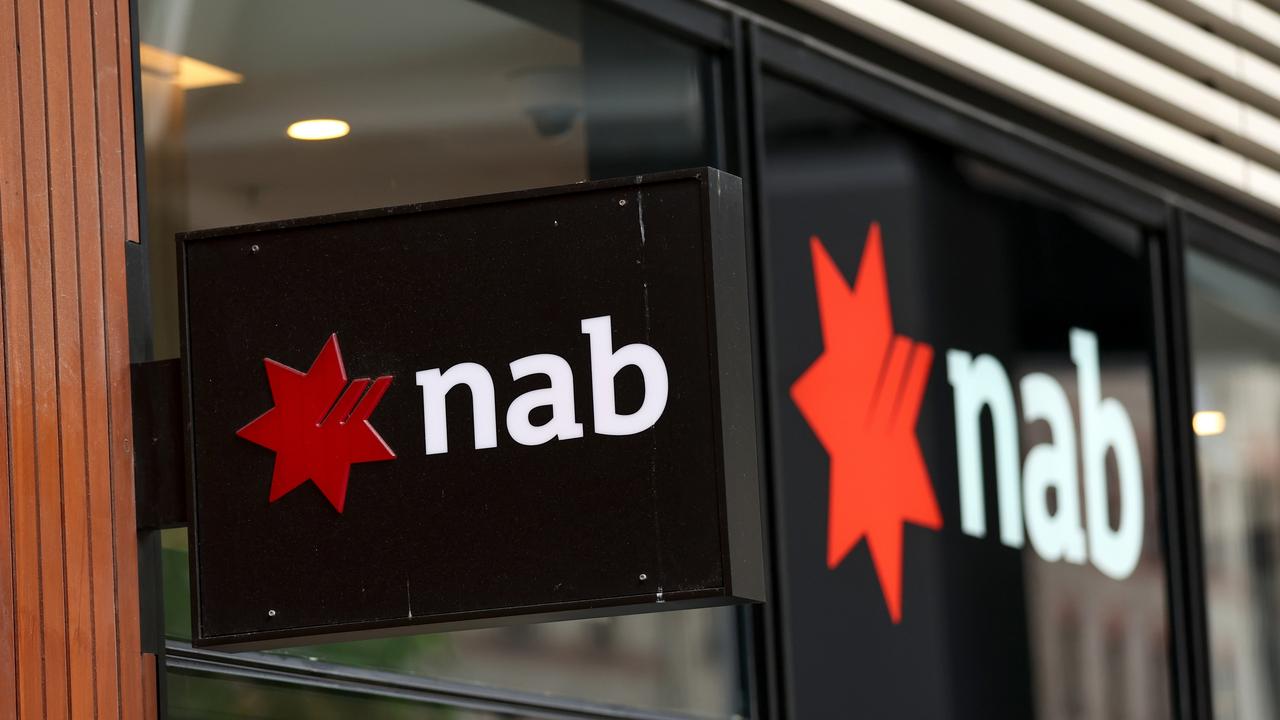
Soul Patts was offloading a $122m parcel of shares in Singapore mobile business Tuas through Jarden Australia on Monday night.
Shares were being sold at $6.10 each, a 5 per cent discount to Monday’s (December 9) closing price of $6.42.
On offer were 20 million shares representing a holding of about 4.3 per cent.
Tuas has a $3bn market value and was incorporated in 2020 as part of the TPG Telecom group of companies.
Following the merger between TPG Telecom and Vodafone Hutchison Australia in June 2020, the Singapore mobile business, TPG Telecom Pte Ltd, also known as TPG Singapore, was demerged from the broader TPG Group by transferring all the shares in TPG Singapore to Tuas.
The economic interest in TPG Singapore was then transferred to TPG shareholders by way of an in-specie distribution of Tuas shares.
Accordingly, TPG shareholders on the register at the time of demerger received shares in Tuas and became the shareholders of Tuas.
The business counts TPG Australia founder and former chief executive David Teoh as its executive chairman.
Soul Patts was historically TPG Telecom’s majority shareholder.
Shares in the company have rallied strongly this year after growth in its subscribers fuelled a 38 per cent increase in its annual revenue to $117.1m for the 12 months to July 31 from $86.1m in the previous corresponding year.
This was on the back of a growing subscriber base.
Its earnings before interest, tax, depreciation and amortisation also increased to $117.1m from $86.1m and it narrowed its bottom line loss to $4.4m.
Also aiding the result was its expanded plan mix that caters to an array of customer needs.
Tuas is planning continued capital spending to support subscriber growth and expand 5G coverage.
The trade is the latest in a string of major market selldowns in the past week, including CIC’s $1.9bn Goodman Group selldown, Auckland Council’s $NZ1.3bn selldown in Auckland Airport and Larry Diamond’s share sale out of Zip, among others.
Vendors are said to be divesting to lock in end of year profits and ahead of the black out period for reporting season in February.



